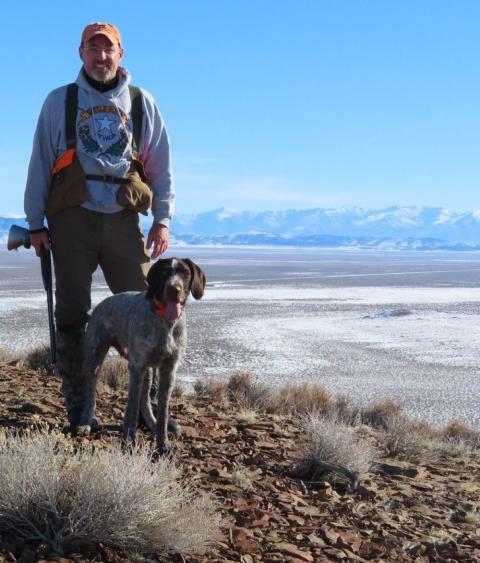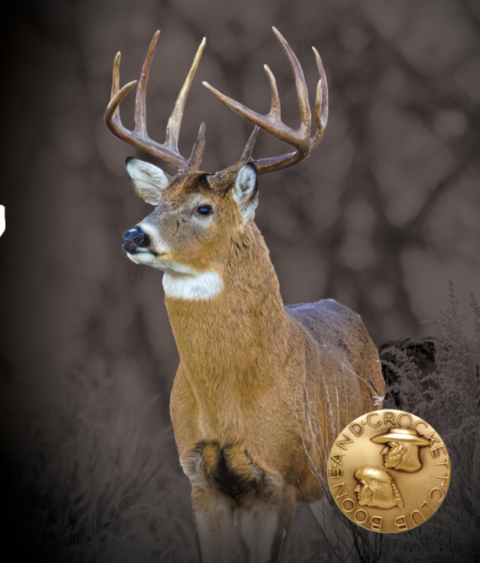Conservation Brief
State Wildlife Ballot Initiative Successes
On election day 2024, two key state ballot initiatives that affect wildlife management and hunting/fishing opportunity were up for popular vote. In Colorado, Proposition 127 that would have banned the hunting of large cats, including mountain lions, bobcats, and lynx failed with 54.7% of Colorado voters voting against the initiative. On the other end of the country, Florida voters overwhelmingly supported Amendment 2 to amend the state’s constitution to ensure that hunting and fishing remains a “public right and preferred means of responsibly managing and controlling fish and wildlife.” The conservation community had rallied around both issues that showed contrasting attempts to use the ballot process to affect fish and wildlife.
Since 1965, mountain lions have been managed as a “game animal” by Colorado Parks and Wildlife and the population has increased significantly. Through regulated harvest, the population has been maintained at around 4,000 mountain lions in the state. Proposition 127 asked Colorado voters “Shall there be a change to the Colorado Revised Statutes concerning a prohibition on the hunting of mountain lions, lynx, and bobcats, and, in connection therewith, prohibiting the intentional killing, wounding, pursuing, entrapping, or discharging or releasing of a deadly weapon at a mountain lion, lynx, or bobcat.” The ballot text went on to declare that any hunting of these species was considered “trophy hunting” – even though Colorado wildlife regulations already require use of all parts of all hunted species – and opened the potential that, if successful, additional species could be added to the list of what could no longer be hunted. In addition, the ballot included lynx, which are listed as a threatened species under the federal Endangered Species Act and have been on Colorado’s Endangered Species list since 1973.
A broad range of hunting and wildlife conservation organizations came together through the Colorado’s Wildlife Deserve Better campaign to oppose the proposition. The foundation of their argument was that it is unwise to make complex wildlife management decisions through popular vote, rather than relying on the expertise of professional wildlife managers. Effective wildlife management requires a nuanced understanding of ecological systems, something that is often lost in emotionally charged public debates and in public relations campaigns that oversimplify the conversation.
The National Wildlife Federation noted, “There has been a troubling trend in recent years in which activists try to turn wildlife management over to voters at the ballot box. The problem with these misguided measures is that successful wildlife management should be left to wildlife biologists who base their decisions on the best available science and on observations from the field. Wildlife management should NOT be determined by shifting political whims or rhetoric.”
In an alternative to counter state-based ballot initiatives that target wildlife management and hunting, the voters in Florida passed Amendment 2 that adds state constitutional protection of the right to hunt and fish. The amendment received 67.3% of the public’s vote, safely above the two-thirds majority needed to amend the state constitution. Florida became the 24th state to include language affirming the right to hunt and fish, an effort meant to counter ballot initiatives like that in Colorado that would ban these traditional pursuits. Supporters in the Yes On 2 coalition noted that, “Amendment 2 preserves Florida’s rich traditions, conservation practices, outdoor lifestyle and economic opportunities. As the Fishing Capital of the World, anglers come to chase everything from tarpon to red snapper, while hunters flock to Florida to chase waterfowl, and Osceola turkeys.”



